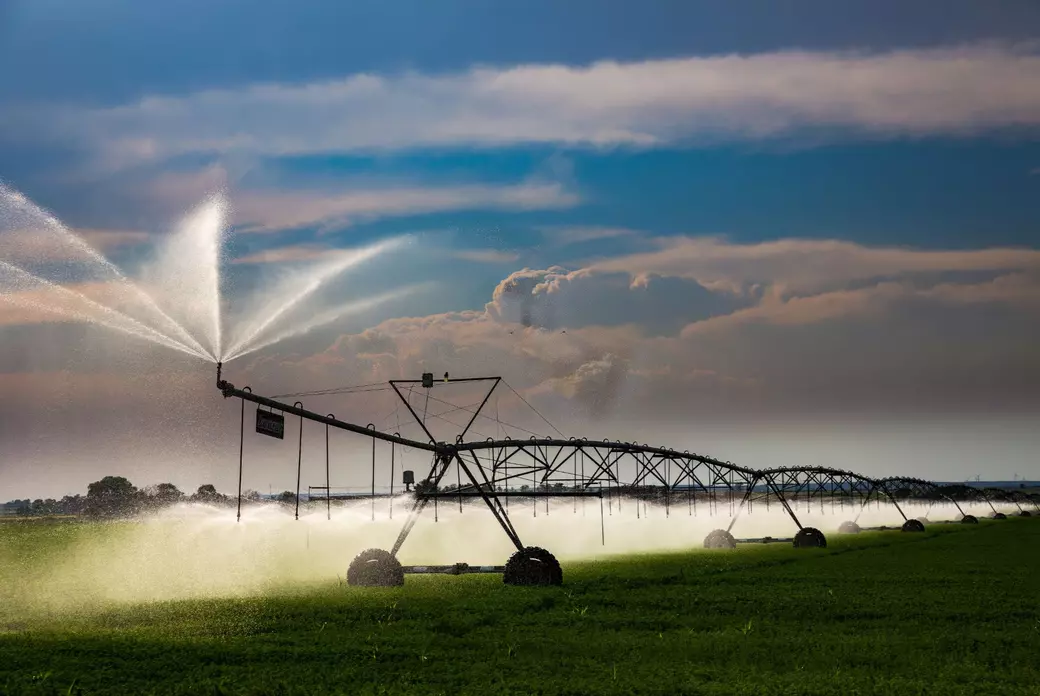Blog > Cultivating Wealth: Strategies for Long-Term Growth in Farm Ground Investment
Cultivating Wealth: Strategies for Long-Term Growth in Farm Ground Investment
by
Investing in farm ground holds a unique allure for those seeking long-term wealth appreciation through tangible assets. Farming, a cornerstone of civilization, has proven to be a resilient industry. In this blog post, we'll explore effective strategies tailored to investing in farm ground with an eye towards sustained growth, taking into account market trends and the potential for future agricultural development.
Understanding Agricultural Realities
Before embarking on a farm ground investment journey, delve into the specific agricultural landscape of your chosen region. Consider factors such as climate, soil quality, and water availability—crucial elements that impact the viability of farming activities and, subsequently, the appreciation of farm ground values.
Crop Demand and Diversity
Diversification is not only a financial principle but a farming one too. Evaluate the demand for various crops in the region and consider diversifying your farm ground portfolio accordingly. A mix of staple crops, specialty crops, or even agroforestry can enhance the resilience of your investment against market fluctuations.
Sustainable Farming Practices
With a growing emphasis on sustainability, investing in farm ground that aligns with eco-friendly farming practices can be a wise strategy. Sustainable agriculture not only promotes environmental responsibility but can also attract government incentives and meet the preferences of an increasingly environmentally-conscious market.
Agricultural Technology Integration
Stay at the forefront of agricultural innovation. The integration of technology in farming, such as precision agriculture and smart irrigation systems, not only improves efficiency but can also increase the overall productivity and profitability of your farm ground investment.
Governmental Agricultural Policies
Familiarize yourself with governmental policies related to agriculture. Subsidies, grants, or other forms of support can significantly impact the financial viability of farming operations on your land. Being informed about and leveraging these policies can enhance the overall return on your farm ground investment.
Long-Term Lease Agreements
Consider entering into long-term lease agreements with reputable and experienced farmers. Such agreements can provide a stable and predictable income stream, reducing the uncertainties associated with fluctuating crop prices and market conditions.
Conservation Easements
Explore the option of conservation easements to protect the natural and agricultural value of your farm ground. This not only contributes to the preservation of open spaces but may also come with potential tax benefits.
Expert Consultation
Farm ground investment can be intricate, requiring a deep understanding of both financial and agricultural aspects. Along with finding knowledgable land real estate professional engage with professionals such as agricultural economists, land appraisers, and local farmers to gain valuable insights and guidance tailored to the specific nuances of farm ground investment.
Conclusion
Investing in farm ground for long-term growth necessitates a blend of agricultural acumen and strategic financial planning. By understanding the agricultural realities, diversifying crops, embracing sustainability, staying tech-savvy, and leveraging governmental policies, you can position your farm ground investments for sustained appreciation. Cultivate your wealth with patience and prudence, and watch your farm ground portfolio thrive over the seasons.

Leave a Reply


